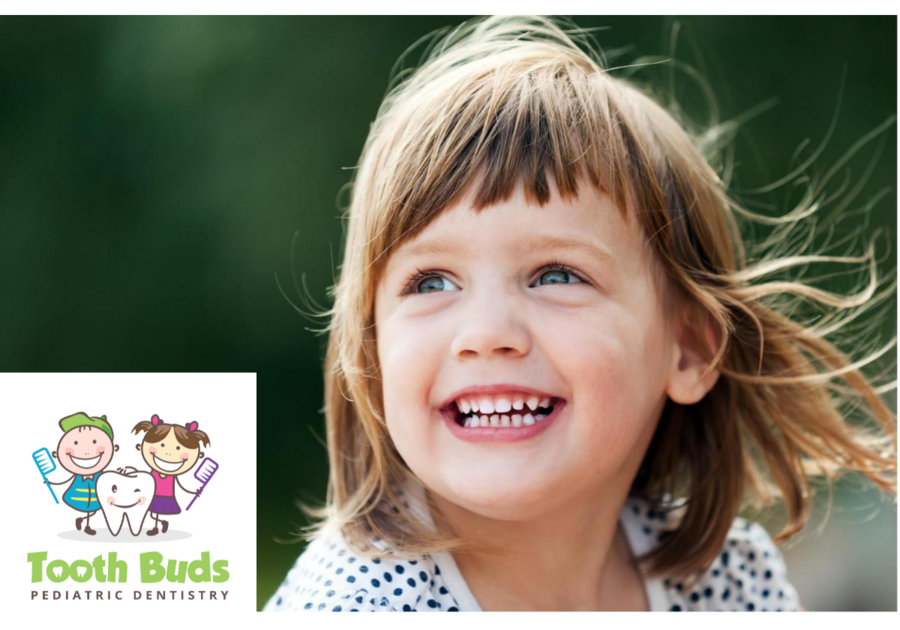A child’s dental health is an important factor of their overall oral health as an adult. Children should learn valuable dental health habits early, so it becomes part of their routine, and they can continue those habits as adults.
1. TEETHING BEGINS
Infants will begin to teethe, or grow brand new teeth, as early as three months, in rare instances. It is typical for the front teeth (top or bottom) to appear before canines or molars. This is in order to provide the infant with a method of breaking down food. As soon as teething begins, infants can start experimenting with solid foods. Babies can grow one or several teeth at a time. Each baby’s rate of growth will differ, and most will have a full set of teeth around age two, but some may be later, up to age three.
The recommendation is to begin brushing teeth with a toothbrush as soon as teeth appear in the mouth. We recommend parents always help until age eight.
 |
2. TEETHING ENDS
Toddlers should have a full set of teeth by age three. This milestone is marked by having a full mouth of “baby teeth". The last teeth to cut, or grow anew, are the molars. These are particularly painful and can cause fever, headache, or even a cold. It is psychologically difficult for a toddler to understand why this pain is occurring, so they will often cry excessively when getting their back teeth.
The completed growth of baby teeth is important because it sets how their adult teeth will grow. If there are issues with the baby teeth, like overlapping or an over/under bite, the growth will be monitored by a dentist for further treatment. However, it is also an important milestone for parents because it signifies the end of the teething stage!
As you help your little one take care of their teeth, be sure to brush all surfaces of the teeth including the gums. Flossing may be needed as well, if the teeth are close together. We recommend a very thorough routine before bedtime so your little one goes to bed with the cleanest mouth possible. Some children may have an oral habit such as using a pacifier or sucking on a thumb or fingers. We recommend for these kiddos to transition out of such habits around age three so that any structural effects on the teeth or mouth can self-correct.
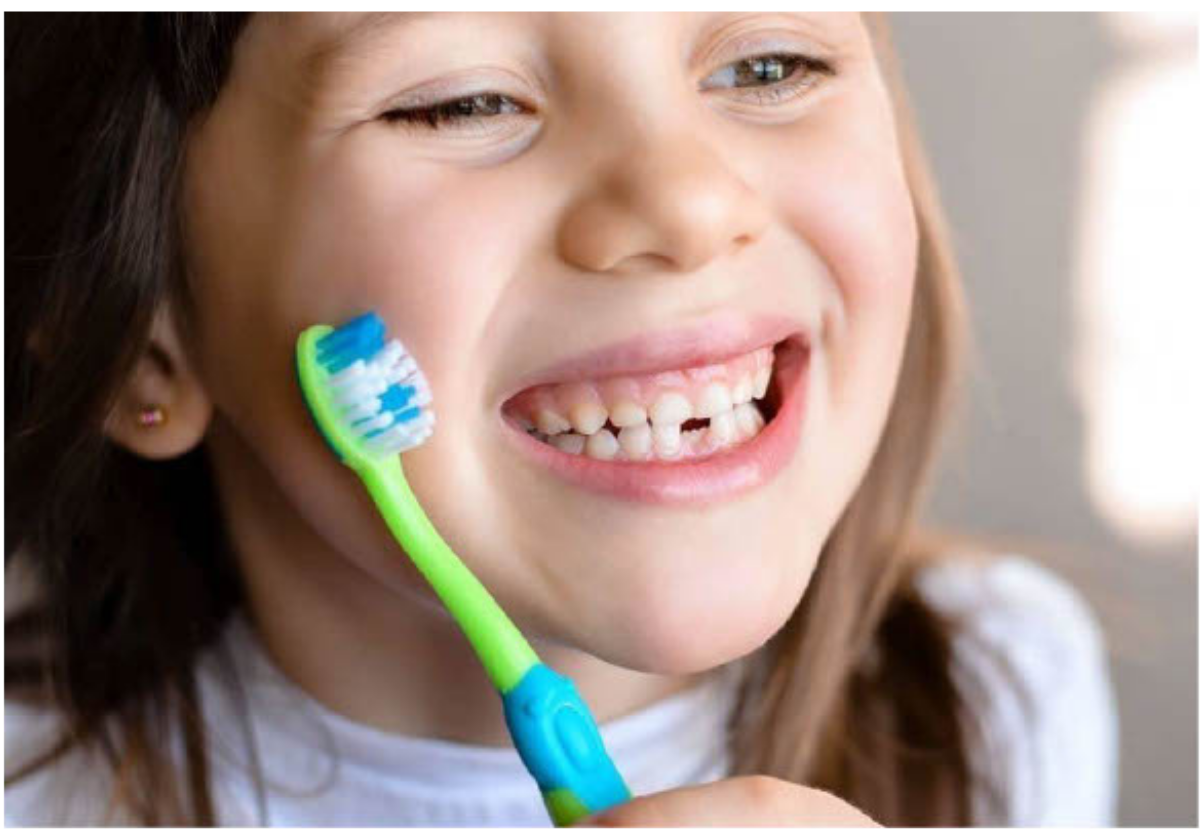 |
3. LOSING BABY TEETH
Children will start to lose their baby teeth around age six. They will continue to lose teeth and grow their adult teeth for the next few years. Baby teeth can fall out naturally or sometimes because of impact. Adult teeth will grow in the place of the lost baby teeth. Oftentimes the teeth are larger than the space, but chances are that your kiddo will grow into their teeth as their mouth widens and grows. As the new teeth emerge this can cause some pain and discomfort, but not nearly as bad as when they were growing their baby teeth, because the gums already have space for teeth to grow.
We recommend helping kids to brush gums along with the teeth, (as the adult teeth are longer than the baby teeth), to use fluoride mouthwash, and to wear mouth guards in sports where the face may be impacted.
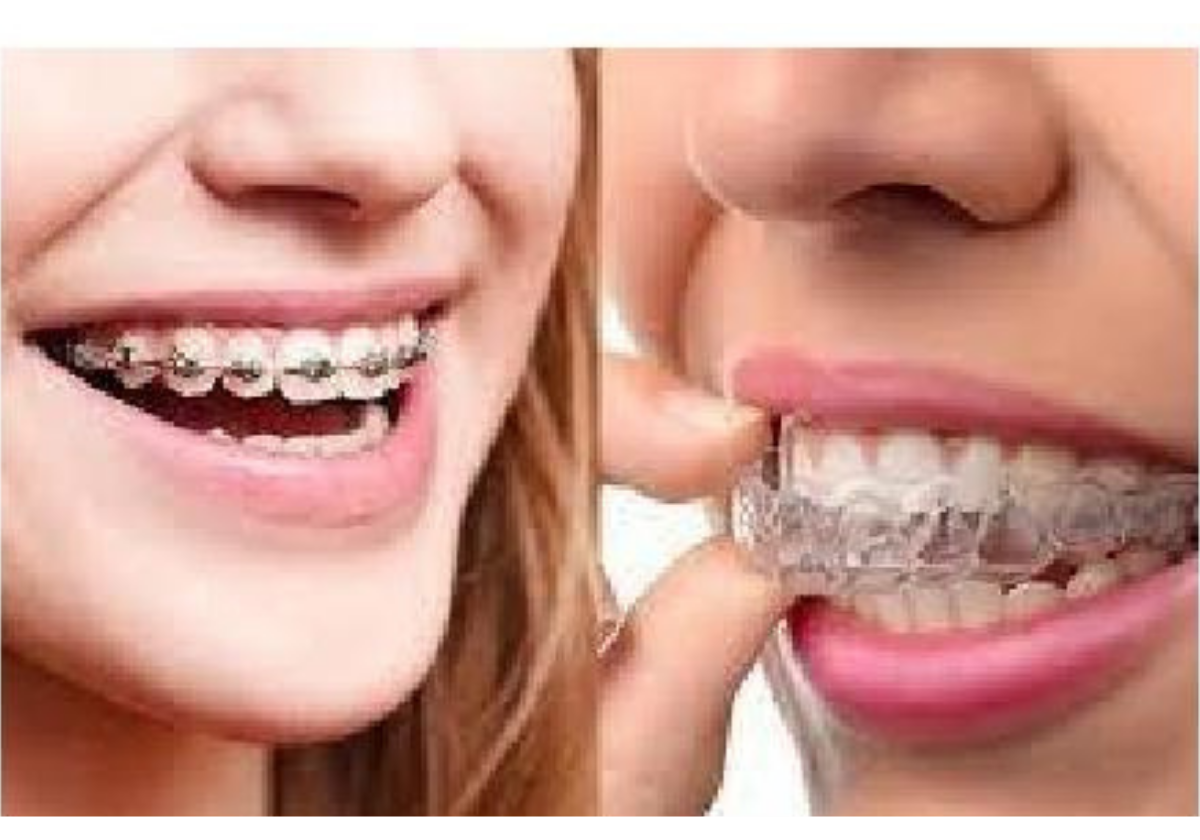 |
4. BRACES
Usually, all the baby teeth are lost by the time a child is at the pre-teen stage of 12. This is an excellent time to consider braces if there are any spacing issues with your child’s teeth. Since their bodies will continue to grow and develop as a young adult, braces will help “set” their teeth to be aligned and straight. Newly attained adult teeth of a pre-teen are more easily set straight by braces than when the child grows to adulthood.
If a child wears braces, please have your kiddo spend extra time brushing and flossing. It is very helpful for kids to swish water through their teeth, after every time they eat, so food doesn’t linger in the mouth.
5. WISDOM TEETH
Wisdom teeth will grow naturally after the rest of the adult teeth, around ages 18 to 24. Wisdom teeth can tend to grow at irregular angles. They often need to be removed, since they can cause pain and discomfort and are difficult to keep clean.
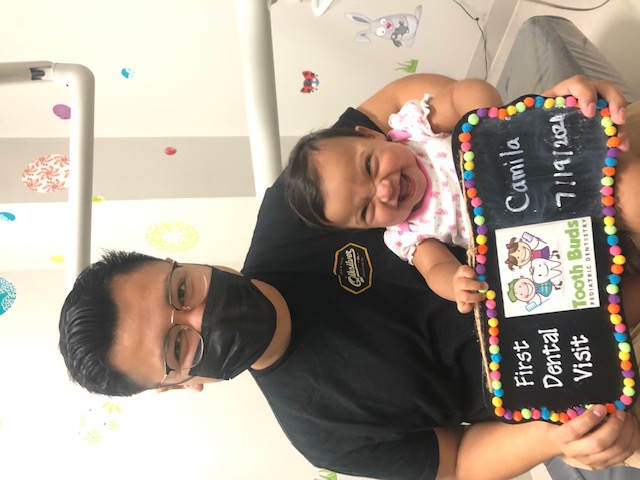 |
TIME TO SEE THE DENTIST
Children will reach several dental milestones associated with their development. They will get baby teeth, lose them, grow adult teeth, may need braces and possibly need to have their wisdom teeth removed. No matter what the stage of their teeth or overall development, children should see a dentist for a check-up from the time they have teeth and at least twice a year.
For more information or to schedule an insurance-friendly appointment, contact Tooth Buds Pediatric Dentistry, at 2929 N. Southport Ave, Chicago. Request an appointment in our office here: https://www.ToothBudsChicago.com. Or call us at (773)328.8282.
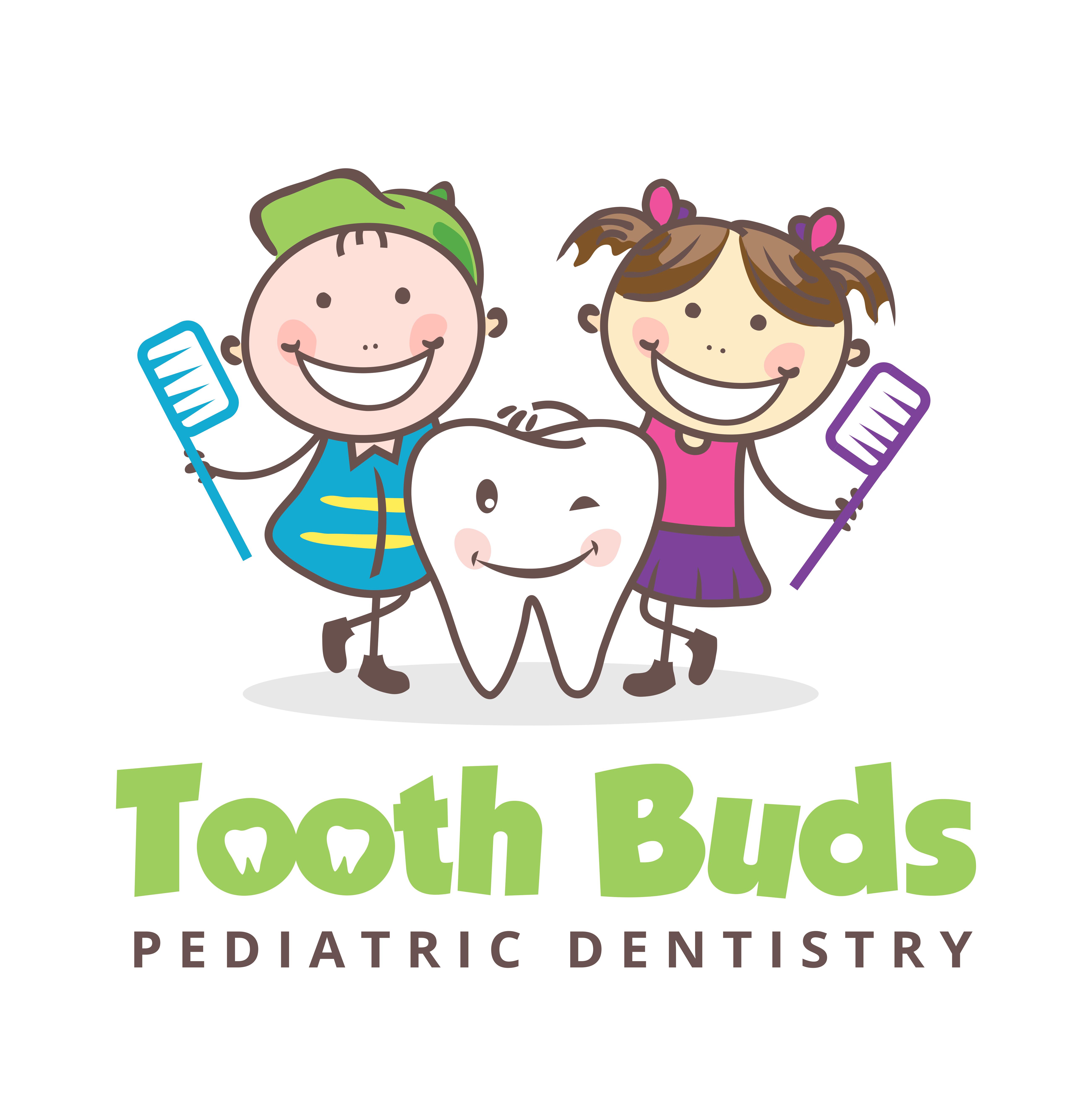 |

